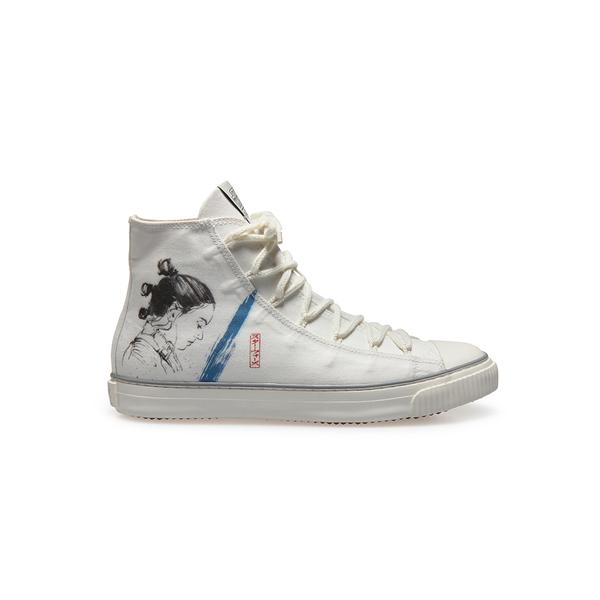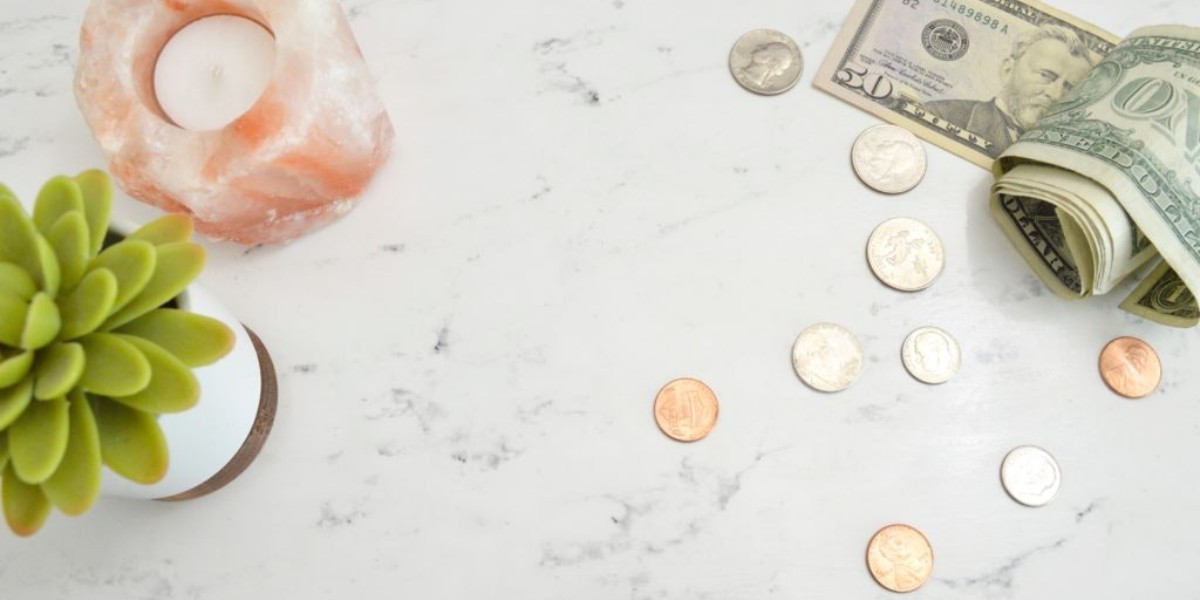Many people think of frugal living and they wouldn’t be the only ones to think: restricted living, low income, cheap, hand me downs, lifestyle compromises, and clipping coupons. Roberta Lee our founder, who also confesses to ‘living sustainably rather than frugally’ asked Claire our Frugal Living blogger to talk about what living frugally means to her and if it really is all about getting by on the cheap. Here’s what she said:
Does frugal mean living on the cheap?
I’m often asked how living frugally and sustainably is possible, given that often the ‘best’ products in terms of ethical production and contents will cost more than mass produced, low quality products.
My answer would be this.
Frugal Thinking
Frugality isn’t only about the price of an item, it’s also about the quality, longevity, need and impact of a product. Here at Frugal HQ we save money by not buying new, upcycling and reusing items, making things, swapping and borrowing as well as having great lists for our birthdays. When we do need to buy something there are a few things to consider, and the price is only one of them:
- Do we really need it?
- What will happen when we don’t need it anymore? Can it be recycled, composted, handed on?
- How long does it need to last – and will it make it that long?
- Who made it? How do we feel about that?
- What are the alternative options?
- How will we feel about this purchase in a week, month, year?
- Can we afford it?
Frugal Shopping
A good example of this is shoes and boots. I have a pair of excellent vegan boots, I asked for them for my 30th birthday as they were a price I would find hard to pay… 13 years later and they are still going strong. Per year they have cost £5, and that will go down for every extra year they manage. I could have bought a pair of cheap £10 boots and paid that every year for the last 13 years… but the maths doesn’t work. To make sure I can afford to have another pair of excellent boots when I need to in the future I have a shoe fund – I put £10 a year into it. I could splash out and put £1 a month which would give me £12… I now have enough for a great pair from Po-Zu (I love Star Wars) that should last me a very long time while I save for more.

Another example might be membership of a group like the National Trust – spending money for a one year subscription that then saves you money over the year as long as you use it wisely.
This is why saving is so important in living an ethically frugal life, you will need to ‘pay up front’ for things that will save you money in the long term. We call it playing the Long Game.
Ways to Save
Even if you are willing to spend a bit more on an ethically produced, locally sourced or sustainable products that doesn’t mean it isn’t nice to still save a bit of money if you can. Here are few ideas:
- Check for discounts and special offers – there is a great 10% off of shoes from Bead & Reel and many others here at the Ethical Brand Directory.
- Joining the mailing list of companies you like, they often have discounts and advance notice of sales.
- See if the business is listed on cashback sites
- See if they have a Facebook Group or similar, some companies offer exclusive deals this way
- Ask if there is a payment plan or way to space out payments that may be more manageable.
For us being frugal is about playing the LONG GAME. Thinking ahead and planning what we may need, using what we have and making fewer purchases – but ones that we really need. We also try to save when we can to help with unexpected events, which life is full of.

One way to change your mindset might be to have a No Spend Week or Month to start monitoring how and what you spend, it’s often things we don’t even pay much attention to. By taking your own lunch for a week you could free up enough money to pay for something else, and if you did that for a month it would quickly add up. By finding out what you could save by becoming a more conscious spender you may be able to make different choices in the future. In our Facebook Group we have a free No Spend Guide if you’ve not done it before, and on our website we have a free e-book to help you look at 7 ways to save or spend differently to start a more conscious financial life.
Clare

Claire is a traditional tree hugger, and wrote and lectured for 15 years in Mental Health Recovery before having her four children. She now shares her experience to support families looking to save money while also saving the world through her amazing resources and Facebook groups: The Frugal Family. Find her on Twitter @thefrugalfamily
